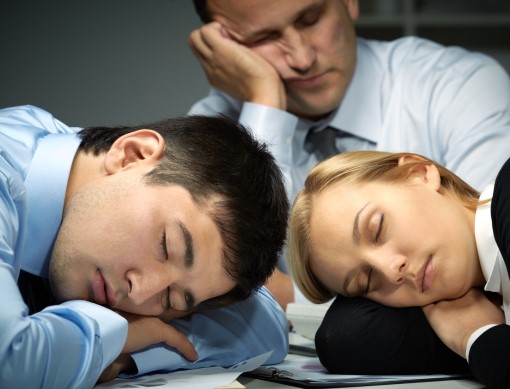
The surprising reasons you’re struggling with falling asleep during meetings and 18 remedies worth a try
By Jason Wooden, PhD | Last updated: February 8, 2025
There are many reasons besides poor sleep people struggle with falling asleep during meetings ranging from sitting still too long to underlying health issues. Your options included power naps, changing your diet, changing your meeting environment, smart breaks, seeing a doctor, and various other remedies.
Think you’re the only one falling asleep during meetings?
So, does any of this sounds familiar?
You’re sitting at the conference room table and your focus slowly starts to drift as a voice drones on…
Try as hard as you can, you feel yourself losing the battle as you desperately try to stay awake and make it to the end of the meeting.
Before you know it, you’re head is nodding only to wake up in a panic as you realized you’ve fallen asleep in a meeting once again.
We’ve all been there.
In past surveys, two thirds of workers were found to experience fatigue according to a National Safety Council survey. Depending on the occupation, an Amerisleep survey found that as many 70% admitted to snoozing on the job.
In a study commissioned by Verizon, more than a third of attendees admitted to dozing during a meeting.
So, it should be obvious by now you’re not the only one dealing with this issue.
Regardless of why it’s happening to you, it’s all the same to your workday.
There’s the risk of embarrassment and missing out something important that can come back to bite you.
And the risk to your job performance and reputation.
Whether it’s an occasional issue or it’s become something struggling with on a regular basis, we’re going to look at what you’re likely up against and some practical things you can to do to avoid falling asleep during meetings.
Why do we get so sleepy and nod off during meetings?
Okay, it’s pretty obvious that if you sleep poorly you’re more likely to fall asleep during a meeting.
However, there’s also something extra challenging about meetings that can cause people to nod off.
The reasons so many people struggle are varied but include:
- sitting still for extended periods
- your body wanting to crash after a long, busy day
- a stuffy, warm, or poorly lit meeting room
- one too many meetings
- overly long meetings
- a bad time of day like right after lunch
Of course, it could also be that you’re just plain flat bored.
In fact, whether it’s a boring topic or a boring monotone speaker, there’s more to being bored than you would think.
Recent research has revealed that the part of the brain that’s associated with motivation and pleasure can also stimulate sleep.
The idea is that when you’re involved with something exciting or motivational, the feel good hormone dopamine is released. However, when you’re bored, no dopamine is being released and you tend to feel more sleepy.
This may explain why people tend for feel more sleepy in the absence of motivating stimuli such as when you’re bored.
All the same, these are some of things you’re up against.
Now, let’s take a look at some of the not so obvious reasons you’re falling asleep during meetings.
The surprising reasons you’re falling asleep during meetings
It turns out there’s a long list of things besides poor sleep that can cause daytime fatigue and make it harder to stay awake during meetings:
1) Underlying health issues
One of the reasons you could be struggling with falling asleep during meetings is because something is going on with your body.
Among the health issues directly linked to daytime fatigue are:
- anemia (iron deficiency)
- under active thyroid
- coeliac disease
- chronic fatigue syndrome
- diabetes
- too much calcium in your blood (hypercalcemia)
- infections
2) Mental health challenges
Stress, anxiety, and depression can leave you feeling drained. They’re also linked to poor sleep.
And it turns out that people who sleep poorly are more at risk for stress, anxiety, and depression. If you’re not careful, you can get in a vicious cycle where more of one leads to more of the other.
3) Sedating medications
Did you know many commonly used meds can make it harder to stay awake?
The list includes:
- antihistamines
- allergy meds
- anti-psychotics
- anti-depressants
- anxiety meds
- muscle relaxants
- antidepressants
- heart meds
- prescription pain meds
4) Sleep disorders
Another reason you’re struggling to stay awake could be an underlying sleep disorder.
Obstructive sleep apnea is a common cause of daytime sleepiness. In the US, it’s estimate that as many as 30 million people are living with sleep apnea, many undiagnosed.
Narcolepsy is a brain disorder that can make a person feel sleepy during the day.
Can you get fired for falling asleep during meetings?
Search online and you’ll quickly find this is a hot topic on sites like Quora. There’s even this one here where a person claims they were fired over sleep apnea issues they were seeking treatment for.
I’ve already mentioned how if falling asleep during meetings becomes an ongoing issue, there’s the risk of embarrassment and missing out on something important.
Over time, this can lead to a reputation you really don’t want, especially if it’s affecting your job performance.
As to whether you actually could get fired, that likely depends on how big a problem it becomes, the impact on your employer, and the specific regulations where you work. Besides productivity issues, there could be potential health and safety concerns.
In the US, many jobs are categorized as “at will” employment which mean you can quit at any time and the company can fire you at any time.
In other countries, stronger worker protections exist, making it harder to terminate an employer.
How to keep from falling asleep during meetings
If you’ve been struggling with falling asleep during meetings, the good news is that there’s plenty you can do to stay more awake.
Some remedies are obvious and simple. Others may take an investment of time and or money.
And you’ll likely have to mix and match to come with something that works best for you.
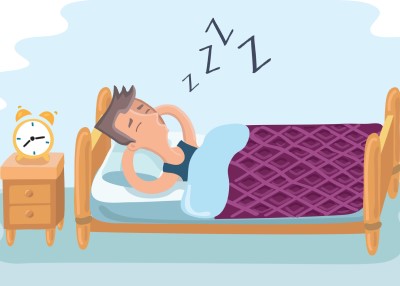
1) Get adequate sleep
Okay, it should be obvious why this is at the top of the list.
It’s hard to stay awake if you start out the day behind the eight ball on sleep. Sooner or later, your body is going to crash.
Make sure you’re getting the best sleep you can every night.

2) Stay hydrated
Fatigue can be a symptom of dehydration and dehydration can make it more difficult to concentrate. Make sure you’re getting plenty of fluids every day, especially pure healthy water.

3) Watch what you eat
Heavy meals can slow down your metabolism and make you feel sluggish. Try eating a lighter breakfast and lunch.
Healthy snacks can help keep your blood sugar and energy levels steady while at work. Avoid overly sugary foods which can lead to an energy crash hours later.
Try foods with a mix of protein, complex carbs, and healthy fats such as:
- trail mix
- hard boiled eggs
- fruit and nuts
- seeds
- raisins and peanuts
- fruit and peanut butter
- veggies and humus
- Greek yogurt
- beef jerky (without the added sugar)
- popcorn
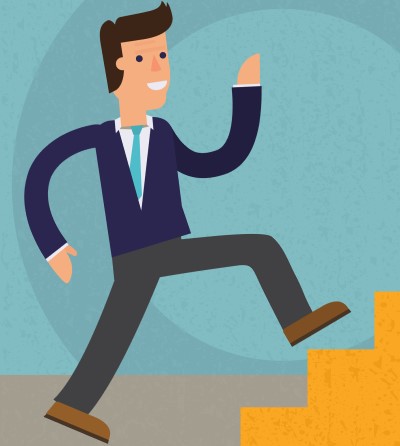
4) Get in a quick walk
Getting your heart rate up and the blood flowing can raise your energy. If pressed for time, try a 10 minute walk prior to your meeting.

5) Power naps
A quick snoozer during a work break or over lunch can do wonders.
Sleep experts say it’s best to keep your naps under 15-20 minutes so you don’t wake up in a brain fog. Also, set an alarm so you’re not late for anything.

6) Caffeine
Whether it’s tea, coffee, or an energy, it’s a popular remedy to fight fatigue and promote mental alertness.
Like anything, it’s important not to overdo it. Too much coffee can dehydrate you, make it harder to sleep at night, and lead to coffee addiction.
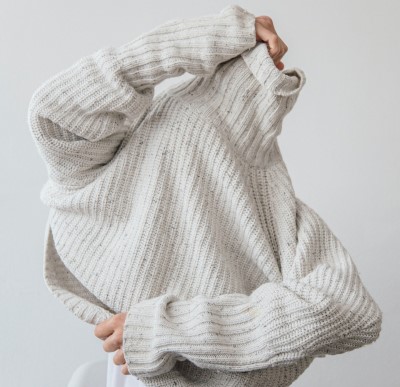
7) Delayer
Another obvious remedy but couldn’t leave it off the list. If you’re overdressed in a meeting room, you may get overwarm and start to feel sleepy.
Try shedding extra layers such as a sweater, jacket, or blazer.
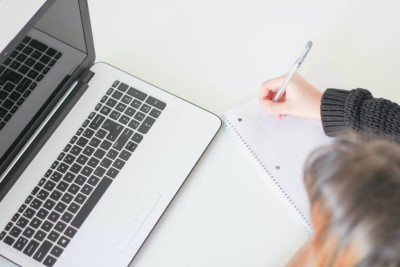
8) Take notes
It’ll keep your mind active, engaged, and help pass the time.

9) Stay engaged
Another way to keep your mind active. Join in on the discussion, ask and answer questions.

10) Get natural daylight
Since our bodies are in tune with day and night, a dim low-light room can lull you to sleep.
Try brightening things up with a lamp or natural daylight through the windows.
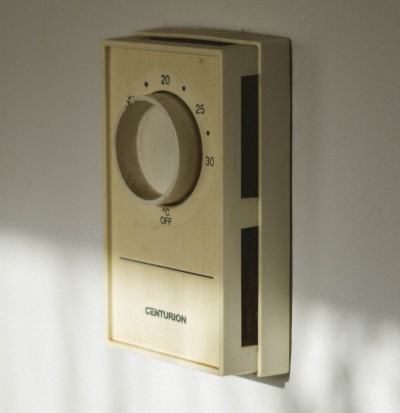
11) Keep it on the cool side
A warm room can lull you to sleep, especially after lunch. Try a cooler room temperature.
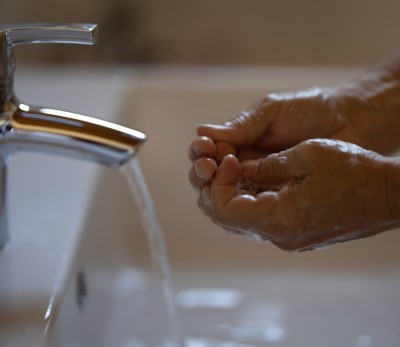
12) Take a quick break
If you’re really struggling with falling asleep during a meeting, you may want to excuse yourself (and others) for a bathroom break.
Use the time to get up, stretch, and move around to help clear your mind. Walk to a bathroom not too close and splash your face with cold water.
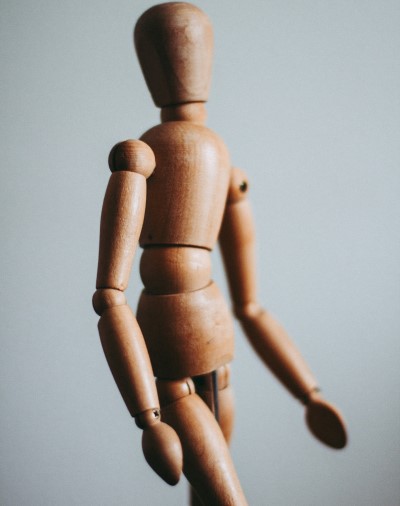
13) Adjust your posture
Sitting still or standing for long periods can make you feel tired. It’s also not best for you ergonomically.
In fact, according to a University of Auckland study, a slumped posture may affect both your mood and energy levels.
So, try working in a stretch or adjusting your body position periodically.

14) Chewing gum
Studies have shown chewing gum can help improve alertness.

15) Peppermint
Essential oils like peppermint can help with fatigue and promote alertness.
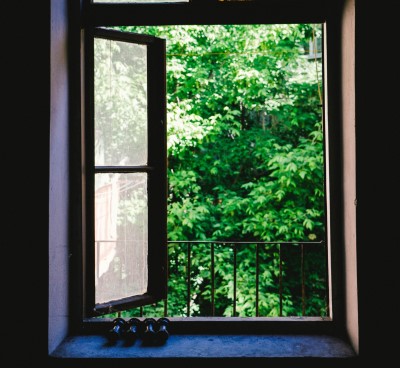
16) Open a window
Sometimes a little fresh air may do the trick…
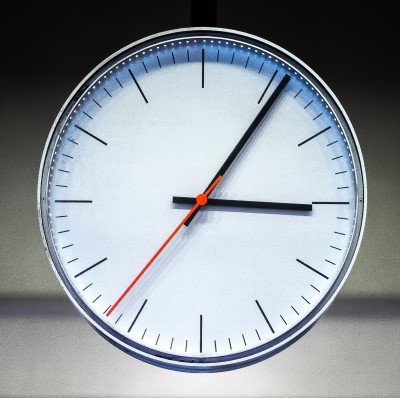
17) Meet when you’re naturally more alert
Morning larks may want to schedule most of their meetings earlier in the day. Likewise, night owls might want to stick to afternoons.
If possible, shoot for shorter, more focused, and more interactive meetings.

18) Try a change of scenery
If possible, you can mix things up with a change of location.
Switch the meeting to somewhere that’s flooded with sunlight instead of a dreary windowless interior room. Try a conference room with a different view or friendlier layout.
What else you can do
If you’ve tried everything you can think of and you’re still struggling with falling asleep during meetings, there’s still hope.
Ditto, if poor sleep has become an ongoing issue for you.
It’s just time get more serious.
Depending on your situation, you can:
Improve your sleep hygiene
There’s a long list of things that can cause problems for sleep. This makes it important to practice the basics of good sleep hygiene, the everyday habits that set the stage for deep restful sleep.
For better sleep hygiene, you should:
- keep consistent wake up & sleep times
- avoid naps
- exercise during the day
- avoid large meals, alcohol, or stimulants such as caffeine before bedtime
- maintain a regular bedtime routine
- avoid using TVs, laptops, or other electronics before sleep
- keep your bedroom dark, cool, quiet, & relaxing
Get a checkup
I’ve already mentioned the health issues that can cause daytime fatigue.
Too many people are unaware how many other medical issues can cause problems or worsen sleep. The list includes things like asthma, allergies, acid reflux and heartburn, heart issues, chronic pain, and diabetes can keep you up at night.
You may also be living with an undiagnosed sleep disorder such as sleep apnea.
And even prescription drugs can cause or worsen sleep issues.
A doctor can help you work through any underlying issues that may be making your nights harder and causing you to fall asleep during meetings.
You may also be interested in:
Sources:
1. “Workplace Fatigue Statistics and its Staggering Costs”, 2020, Ergonomic Trends
2. “Sleeping at Work”, 2021, Amerisleep.com
3. “Meetings in America Study”, Verizon Conferencing
4. “Why do we fall asleep when bored?”, 2017, ScienceDaily
5. “Sneaky Secrets for Staying Awake in a Meeting”, Cleverism.com
6. “What to do when medication makes you sleepy”, Harvard Health Publishing
7. “You’re Fired! How the At-Will Employment Doctrine Separates the U.S. From Many Foreign Nations”, 2016, Ogletree, Deakins, Nash, Smoak & Stewart, P.C
8. Do slumped and upright postures affect stress responses? A randomized trial. Health Psychol. 2015 Jun;34(6):632-41.
9. Effects and after-effects of chewing gum on vigilance, heart rate, EEG and mood. Physiology & Behavior Volume 133, 22 June 2014, Pages 244-251
10. “18 Essential Oils You Can Use to Boost Your Energy”, Healthline
Connect with us:
About Us
Better Sleep Simplified® was founded as a place for you to get clear and well-researched information.
Our goal is to make sure you know about your options so that you take action sooner rather than later.
Check us out on YouTube:
Watch and Learn
Helpful sleep tips, interesting sleep facts and statistics you want to know about
Affiliate Disclosure
This site is a participant in the Amazon Services LLC Associates Program and other affiliate advertising programs designed to provide a means for sites to earn advertising fees by advertising and linking to them.
Important: BetterSleepSimplified.com is for informational purposes only and is not intended or implied to be a substitute for professional medical advice, diagnosis, or treatment. Always consult a physician for sleep and health concerns. See additional information.


